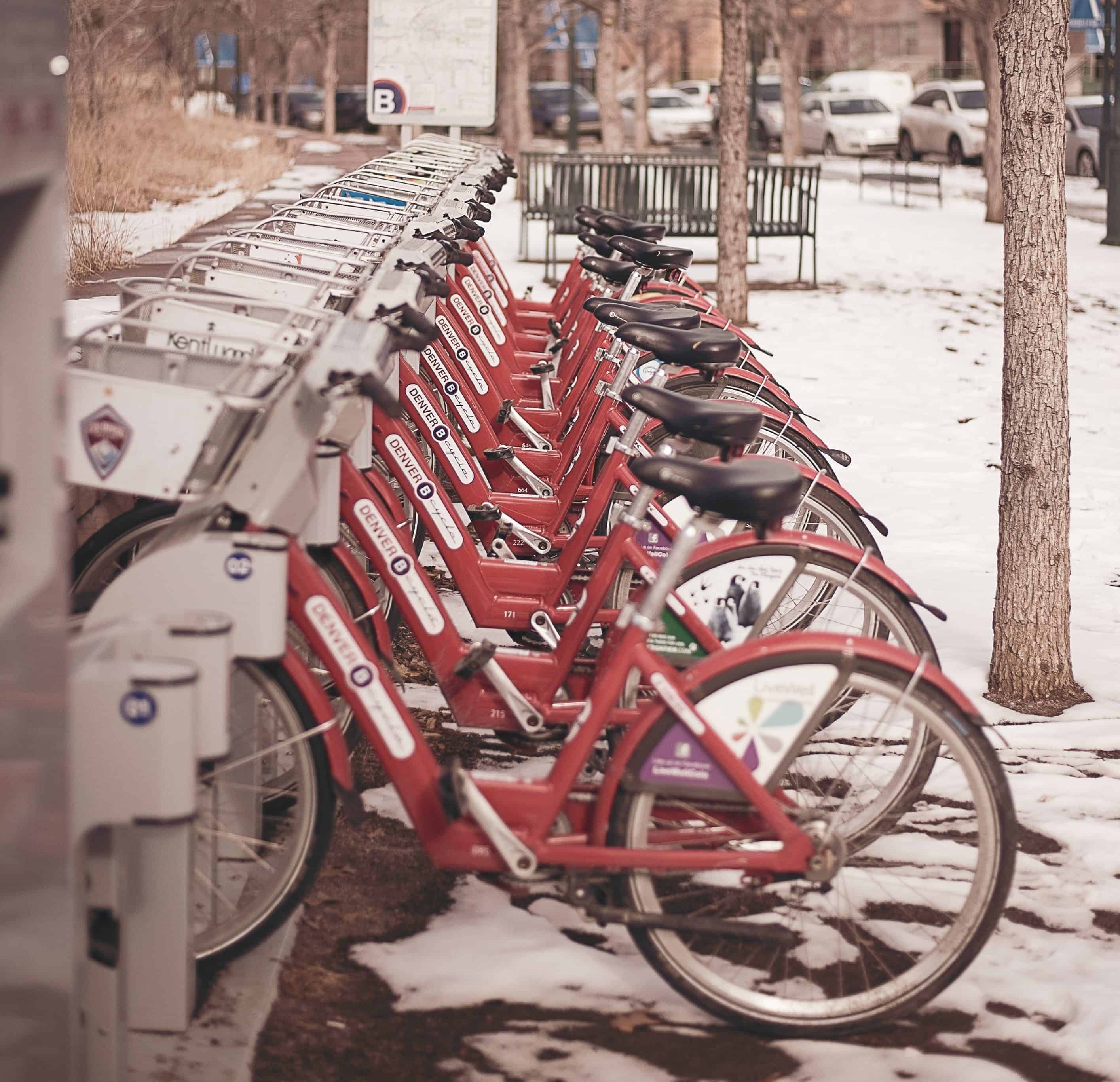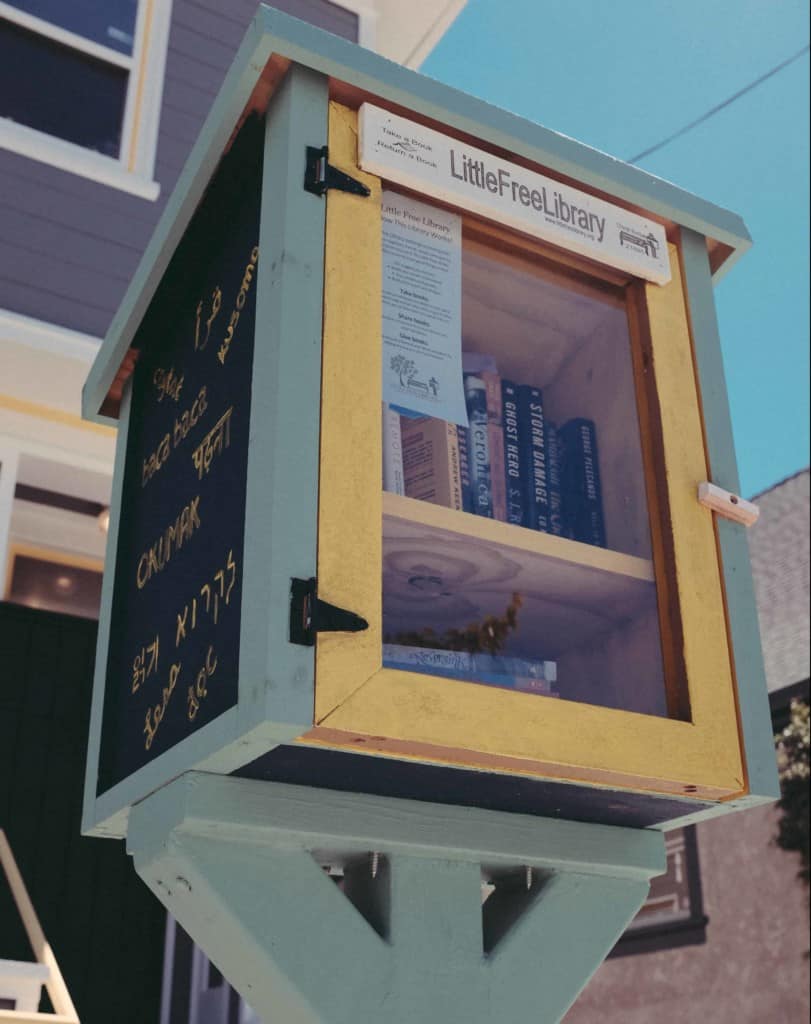The beautiful mess of the sharing economy
My lawn is shaggy and ready for the first haircut of summer. It’s time to pry my creaky garage door open and unearth the old electric mower—the tiny plastic broken-handled mower. I’ll tread back and forth, leaving rows of sub-par lawncare in my wake, then hide the mower for another week or three.
My neighbours will do the same, but not on the same day. Each of us has bought a mower, only to shelve it for 355 days a year. It doesn’t have to be this way. My neighbours and I could pool our money to buy a great mower, twice the width and power of my own. We could take turns using and storing it. Our street would win an award for the city’s best-kept lawns. We’d save some cash and Mother Earth would smile.
Global Sharing Week is from June 5-11. According to The People Who Share website, this is “the largest people-driven campaign helping millions discover the rapidly growing Sharing Economy.” The site defines sharing economy as “a socio-economic ecosystem built around the sharing of human, physical and intellectual resources.”

We’ve heard a lot about this concept recently, with Uber and Airbnb making headlines. People have always shared and redistributed goods, but technology is enabling sharing at a new, massive scale. With Uber, car owners can use their vehicles to provide transportation to those who need it. With Airbnb, a spare bedroom can host a revolving parade of adventurous travellers.
My first Uber was magic. The friendly driver I summoned from my phone quickly whisked me from Seattle’s Space Needle to my Airbnb accommodations. There, my family pretended to live in a posh loft for a week. It cost us less than a hotel and allowed us to invite Seattle friends for a home-cooked meal.
Some services empower users to make a profit while others involve little to no money. Edmonton’s planned tool library will let members sign out tools rather than buying them. Really, how often do you need a faucet wrench?
The benefits of sharing are plentiful. Savvy library users have known for decades that it costs less to borrow than to buy. Shared stuff doesn’t take up storage space. Fewer goods produced and consumed reduces environmental impact. Imagine if your street used one or two shared cars rather than one or two per family. According to the Reinventing Parking website, the average car sits parked 95 per cent of the time.
There are many ways to participate in the sharing economy now. A potluck dinner. A clothing swap. Community gardening. Collective kitchens. Pogo Carshare lets Edmontonians share a fleet of vehicles. Operation Fruit Rescue helps neighbourhood residents share the bounty of their fruit trees. Second-hand shopping at Bissell Centre Thrift Shoppe is always an adventure. Right outside the Carrot, you’ll find a Little Free Library where books can be left or taken, right next to a public piano where we can all share music.

Before you sell everything and knock on your neighbour’s door to borrow a lawn mower, be aware of the downsides. You lose the convenient access that ownership offers. Uber and Airbnb bring issues of insurance, permits, licensing and safety to light. No one designed current rules and regulations with a sharing takeover in mind.
Issues of trust and control will be familiar to anyone in a human relationship, which is why the sharing economy could be called the human economy. In place of large corporations, I encounter my neighbours, with all the promise and mess of a community.
People are risky, but we are worth the effort. An economy that brings personal connections back to our daily transactions is a beautiful thing. Messy, sure. But beautiful.
Visit www.ThePeopleWhoShare.com to discover how you can participate in Global Sharing Week from June 5-11.
Oh, and let me know if you need to borrow a chocolate fountain.
Header Image: Neighbourhood residents could pool money on larger purchases like lawn mowers. Credit: Unsplash







